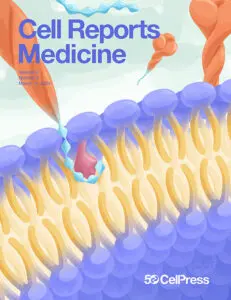
In this study, published in March 2024, the researchers looked at how a patient’s immune system responds to the protein produced by the fusion of the genes DNAJB1 and PRKACA in FLC. Specifically, the team aimed to understand how the immune system’s “killer” T cells (CD8s) respond to this mutation and evaluate T cell receptors (TCRs) for potential therapies. T cells are important types of white blood cells that play an key role in the body’s immune response. All T cells have T-cell receptors (TCRs) on their cell surface, which enable them to recognize specific chemical features, called antigens, that mark abnormal cells.
By analyzing the T cells from many patients, the team found that T cells that recognize the fusion protein are rare in FLC patients, explaining why the immune system often struggles to fight the tumor. Despite this, the researchers identified two specific TCRs that target the fusion protein. One of these TCRs showed strong anti-tumor activity in lab tests. This finding suggests that developing therapies using these TCRs might be a promising approach to treat FLC.
In summary, the team found that:
- FLC tumors can present neoantigens, making them potential targets for T cells.
- Some FLC patients mount an anti-fusion protein T cell response, but boosting that response is likely necessary for effective treatment.
- Two functional TCRs were identified, with one showing strong anti-tumor activity.
- Adoptive cell therapy could be a potential future approach for boosting a patient’s immune response to FLC.
The full publication can be accessed here.
Note: This study was partially funded by a grant from FCF.
